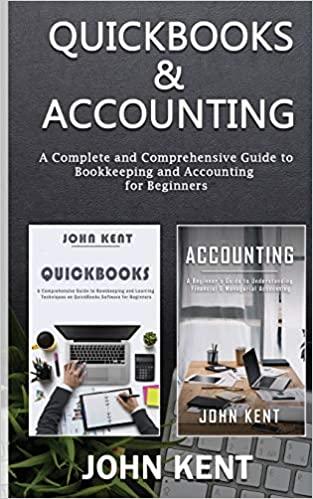Question
The Shirt Shop had the following transactions for T-shirts for 2016, its first year of operations: Jan. 20 Purchased 420 units @ $8 = $
The Shirt Shop had the following transactions for T-shirts for 2016, its first year of operations:
Jan. 20 Purchased 420 units @ $8 = $ 3,360
Apr. 21 Purchased 220 units @ $10 = 2,200
July 25 Purchased 300 units @ $13 = 3,900
Sept. 19 Purchased 110 units @ $15 = 1,650
During the year, The Shirt Shop sold 870 T-shirts for $24 each.
a. Compute the amount of ending inventory The Shirt Shop would report on the balance sheet, assuming the following cost flow assumptions: (1) FIFO, (2) LIFO, and (3) weighted average. (Round cost per unit to 2 decimal places and final answers to the nearest whole dollar amount.)
b. Record the above transactions in general journal form and post to T-accounts using (1) FIFO, (2) LIFO, and (3) weighted average. Use a separate set of journal entries and T-accounts for each method. Assume all transactions are cash transactions. (If no entry is required for a transaction/event, select "No journal entry required" in the first account field.)
c. Create a general journal entry using FIFO; Sales and Cost of goods sold
d. Create a general journal entry using LIFO; sales and Cost of goods sold
e. Create a general journal entry for the weighted average of sales and cost of goods sold
Step by Step Solution
There are 3 Steps involved in it
Step: 1

Get Instant Access to Expert-Tailored Solutions
See step-by-step solutions with expert insights and AI powered tools for academic success
Step: 2

Step: 3

Ace Your Homework with AI
Get the answers you need in no time with our AI-driven, step-by-step assistance
Get Started


